5 ways climate protesters turned public opinion against them
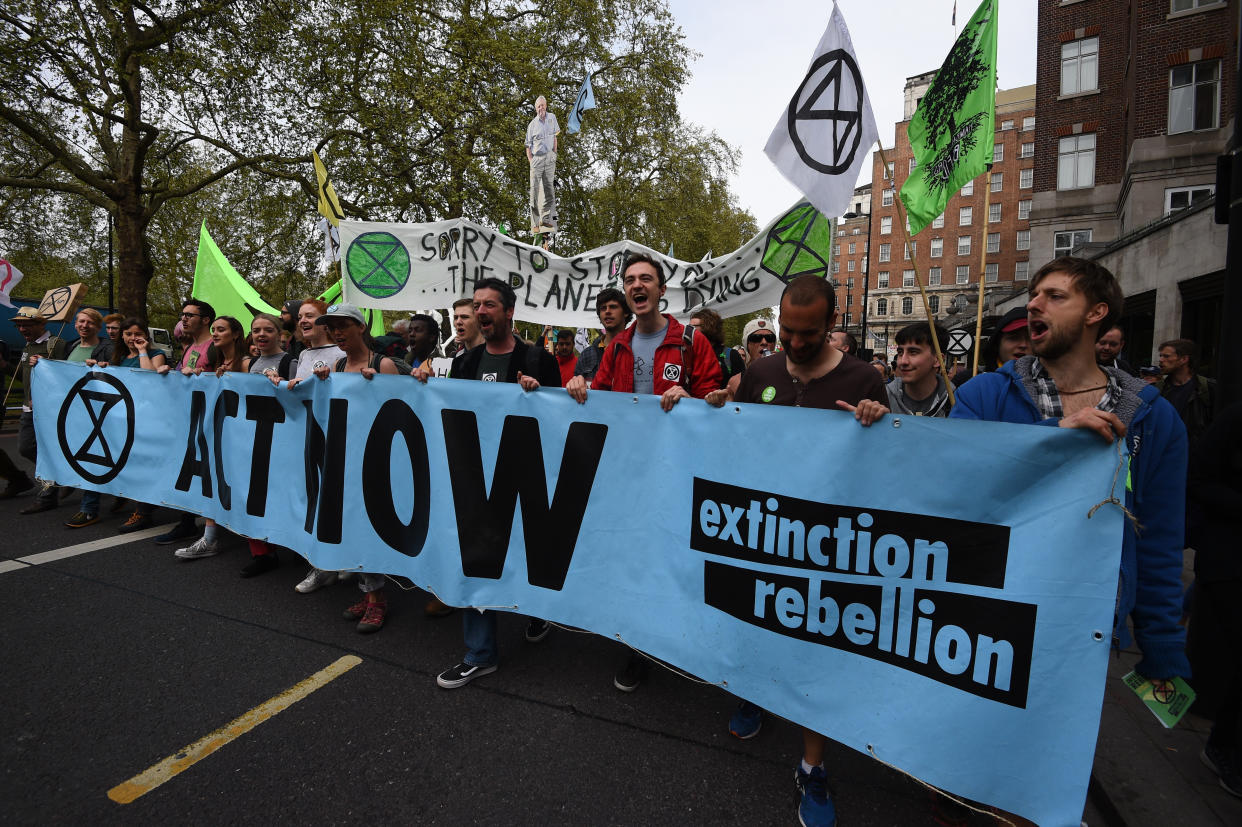
Over the course of the past 10 days, the Extinction Rebellion (XR) activist group have held disruptive protests at key sites such as Oxford Circus, major London transport routes and even Jeremy Corbyn’s home in their attempt to force climate change into the public eye.
XR’s three core demands are for the government to “tell the truth about climate change”, to create a citizens’ assembly to discuss climate change, and to reduce carbon emissions to zero by 2025.
The protests will come to a voluntary close on Thursday with a day of disruption and a closing ceremony.
So how have the protests impacted the capital so far?
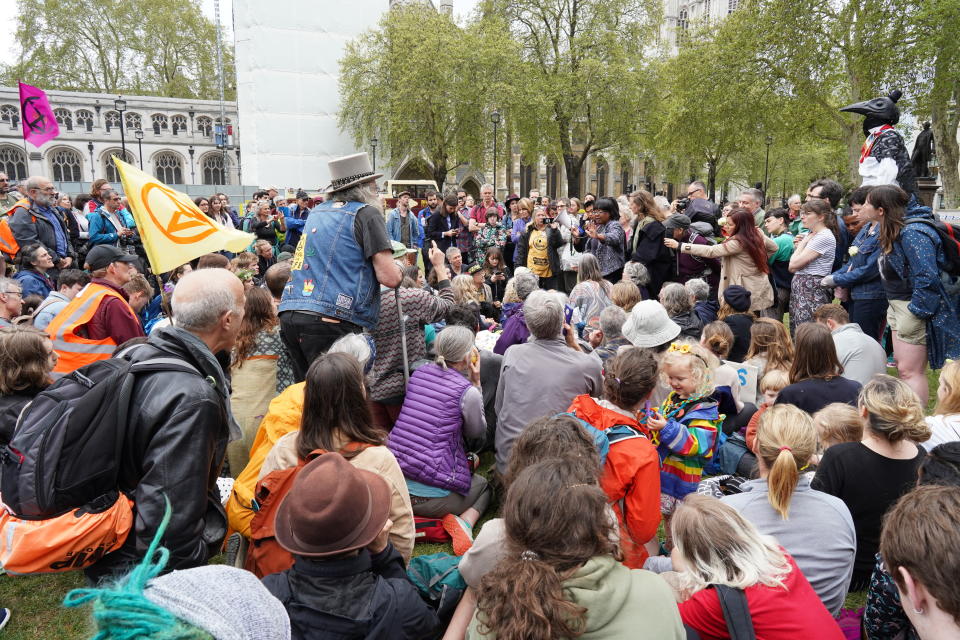
Public opinion
A YouGov poll shows that despite the group’s calls for humanity, the majority of Brits oppose the disruption caused by the climate change group and its tactics.
The survey asked: ‘Climate change protesters have been disrupting roads and public transport, aiming to ‘shut down London’ in order to bring attention the their cause. Do you support or oppose these actions?’
And the latest figures showed only 13% of those surveyed strongly supported the group’s cause, while 23% said they ‘somewhat’ support XR’s campaign.
Meanwhile, 30% of people surveyed strongly oppose the demonstrations in the capital, with 29% of citizens in that figure based in London.
However, many have applauded XR’s efforts to bring attention to this global issue and the group has received more than £360,000 in donations since January.
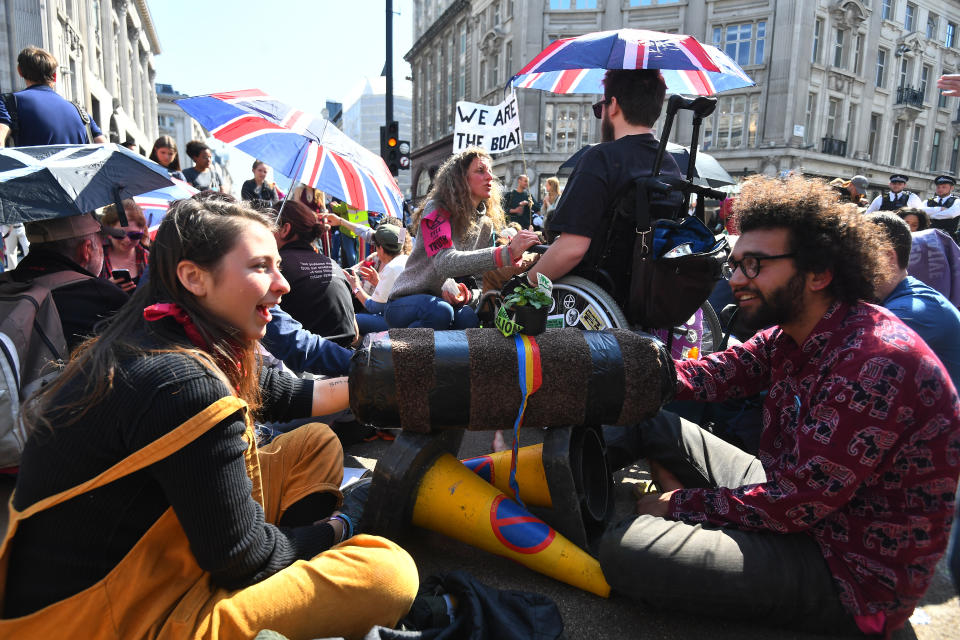
The cost
The disruptions has cost businesses at least £12million in lost revenue.
In an interview with Sky News, Jace Tyrrell, chief executive of the New West End Company, said: “Businesses absolutely recognise how important climate change is and there has been good work done in the last couple of years.
“West end businesses fully support the right to protest but this is causing significant damage and disruption to our area.
“We have seen a 25% drop in spend, this could go into the hundreds of millions.”
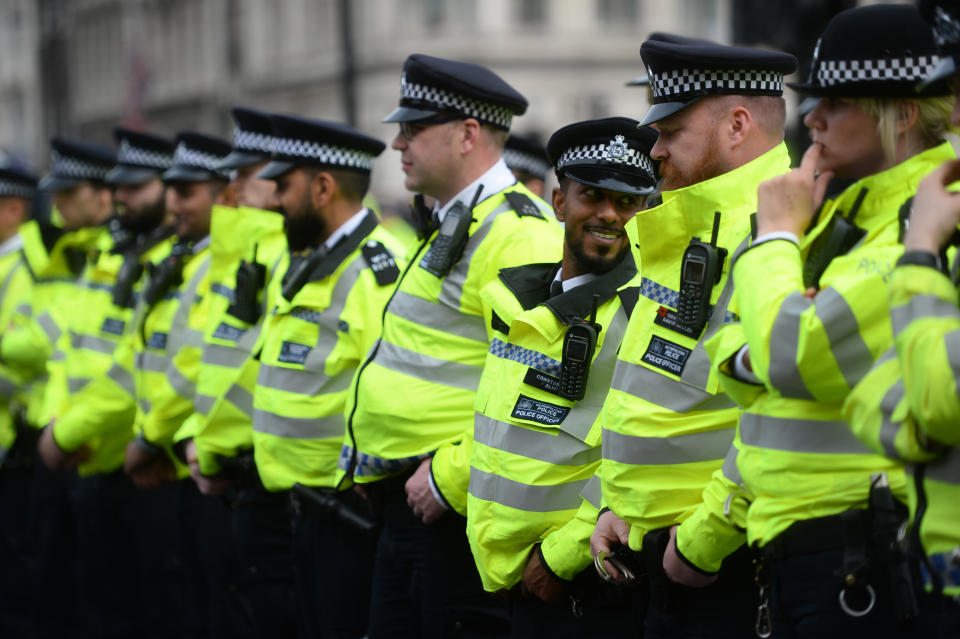
The impact on police
The main concerns were around the fact that many officers were moved from their usual areas, meaning some places were understaffed.
More than 10,000 police officers have been deployed to try and deal with the numerous protestors.
Ken Marsh, chairman of the Metropolitan Police Federation, told BBC Breakfast on Friday that the protests had been “very, very difficult” for the force because it was an “alien” situation for most of them.
He said they will cost millions of pounds and local communities will suffer.
Mr Marsh also added: “The sufferers will be the communities in the local boroughs where officers are being taken from the community areas and the funding and money has to be found to deal with what we are doing.
“But the knock-on effect will be that at some stage colleagues need to have their time off, their breaks, and it needs to be paid for.
“We as Londoners will all suffer from what has taken place.”
Some officers have been working 12-hour shifts, while rest days and leave have been cancelled.
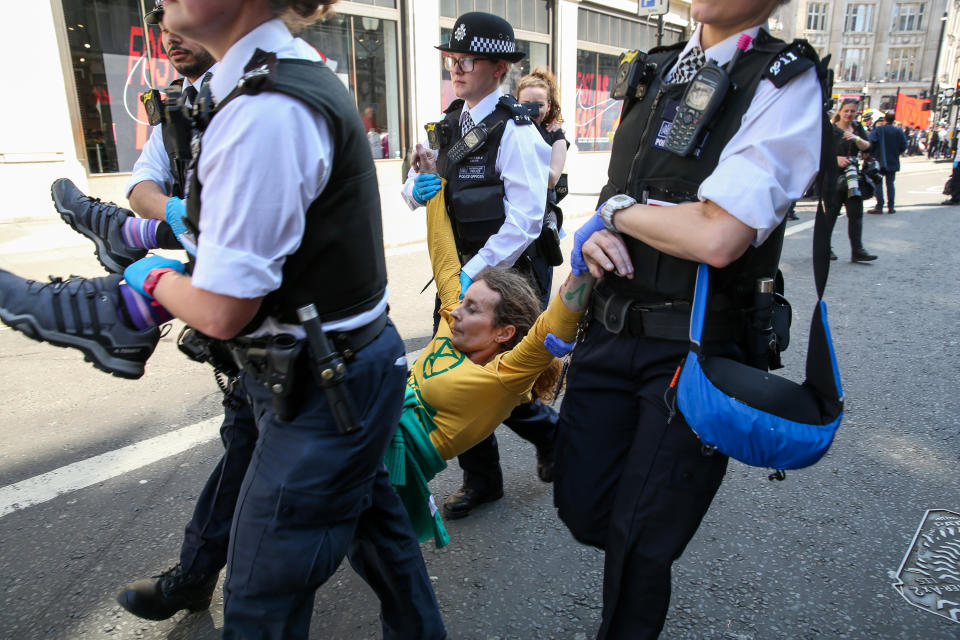
The scale of arrests
The Metropolitan Police said 1,065 people had been arrested in connection with the demonstrations as of 10am on Tuesday, while 69 have been charged, making XR the largest single act of civil disobedience in modern British history.
Of those who have been charged, the oldest is 77-year-old Jasmine Horsley Grassie, from Kington, Powys, while the youngest is Patrick Thelwell, 19, from York, who is standing as the Green Party candidate in the local council elections.
There may well be more arrests later in the week as Scotland Yard has said protesters at Parliament Square must leave the designated area by 11.59pm today.
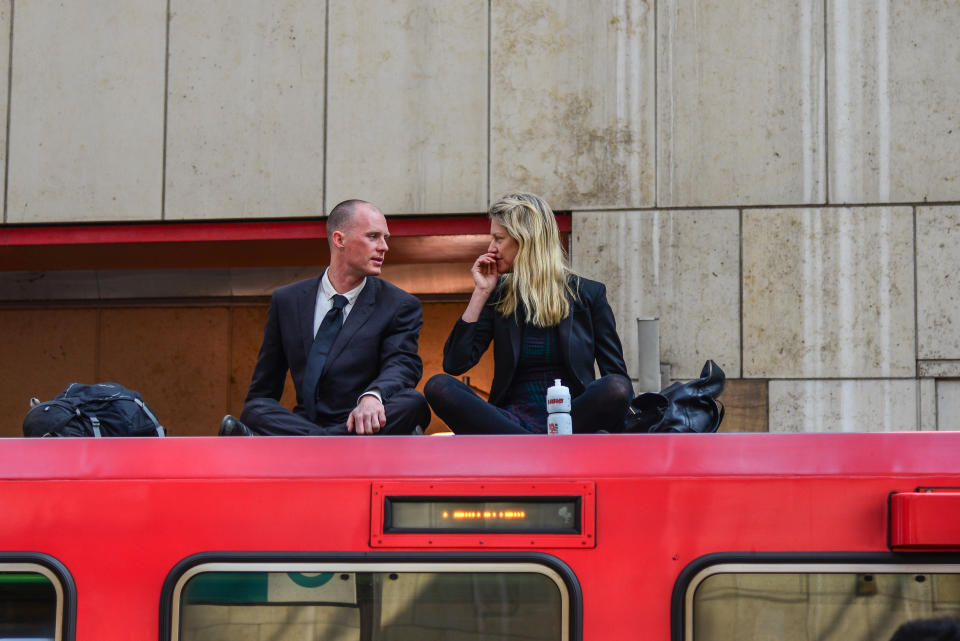
The travel disruption
Most of the travel disruptions have been felt in London, due to the numerous road closures, causing the diversion of 55 bus routes and potentially affecting up to 500,000 people.
The group is now based in Marble Arch after they were moved from Waterloo Bridge and Oxford Circus, where they had blocked off road access.
They marched to Parliament Square yesterday to ensure their voices are heard by MPs, who are back from their 11-day Easter break.
The Tube also experienced increased footfall as people used the underground rather than buses and the DLR had minor delays when three activists glued themselves to the carriages.
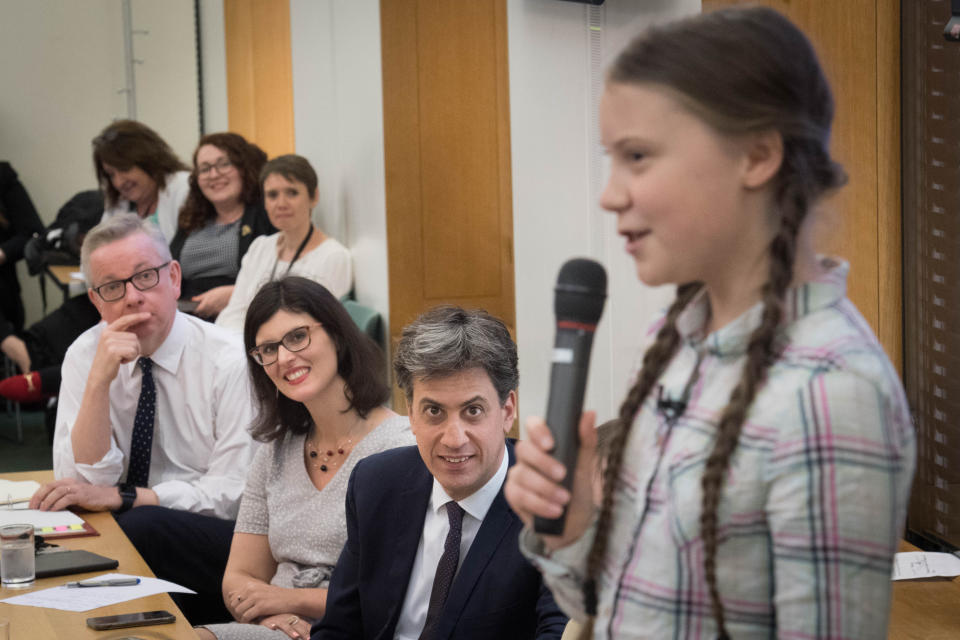
What as the government said?
So have these disruptions helped make any of the intended changes?
Former Labour leader Ed Miliband asked an urgent question about climate action and XR at the House of Commons and Environment Secretary Michael Gove revealed he is going to meet them later this week.
The government says it is taking the climate protests seriously and said that it’s been an international leader with its Climate Change Act.
However, official government projections earlier this month confirmed the UK is still on track to miss its legally binding carbon targets for the late-2020s onwards – currently an 80% reduction of emissions by 2050.

 Yahoo News
Yahoo News 
